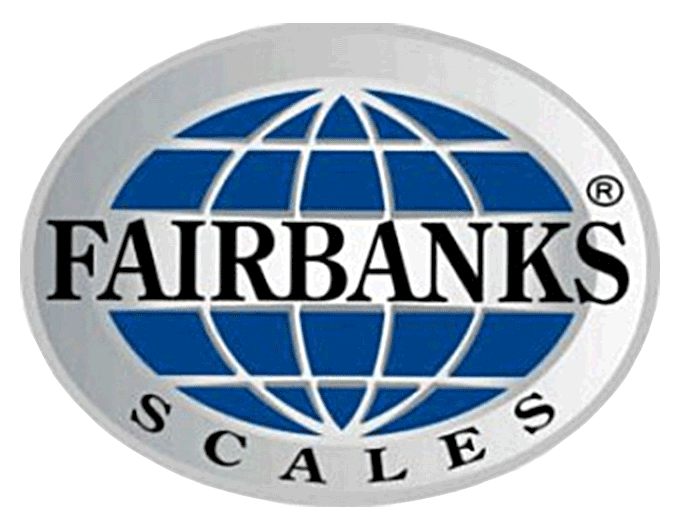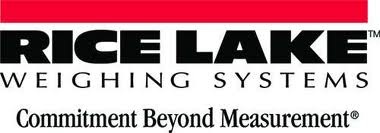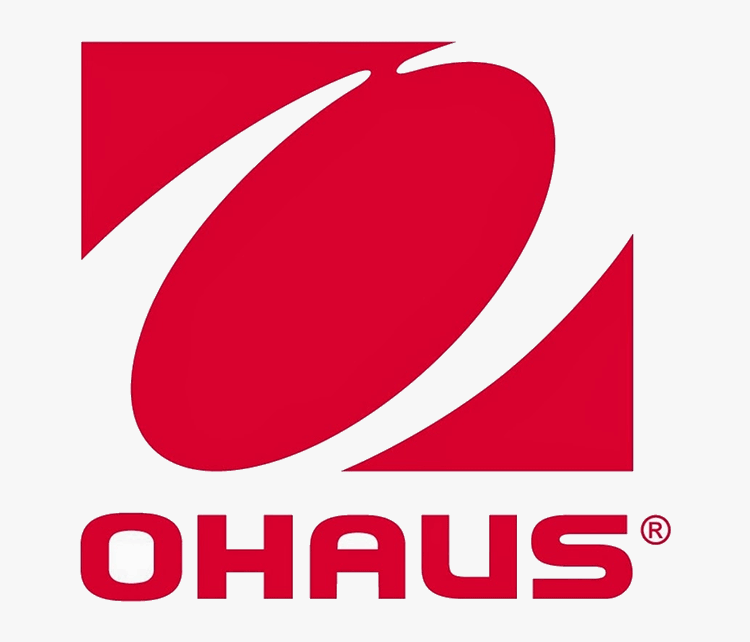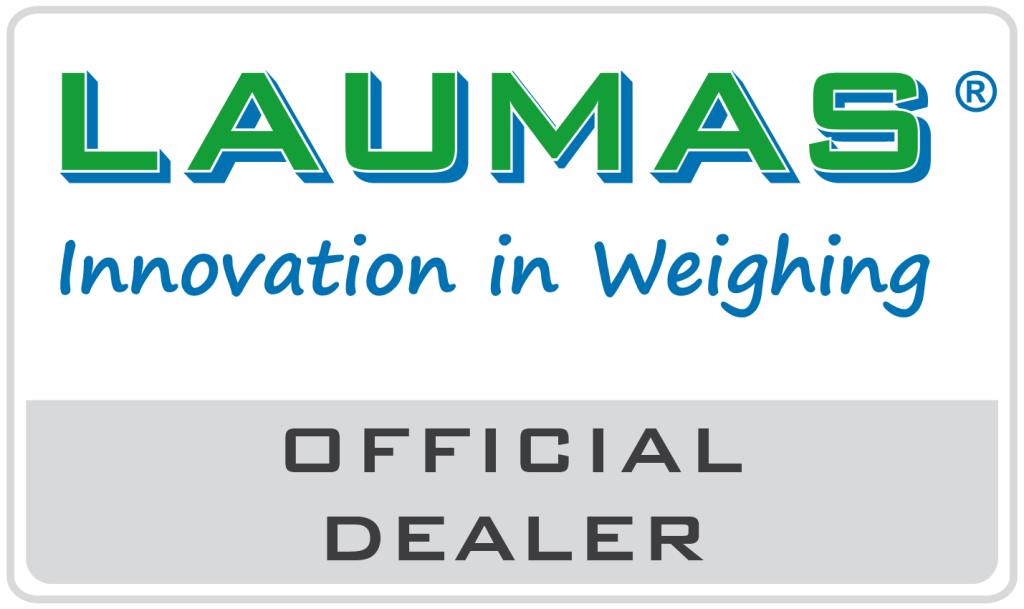Having been in the scale industry for the last 27 years, I have recommended many different scales and systems for my customers. For many years I would help customers spec their needs as part of the service that my company provided. In order to quote the correct product, I often had to dig deep into the weeds to determine what the customer really needed even when they didn’t know themselves.
I had a food manufacturer ask me to quote him some scales for checking the pre-packaged weight of his product. After a site visit, and talking to production and Quality Control, I made several determinations:
- The maximum product weight was 1.5kg and minimum was 500g.
- The minimum required tolerance was +/- 0.5g.
- The scales needed to be easy to clean.
- The scales were subject to intermittent water spray.
- The customer wasn’t connected to a data collection system, but wanted the ability to connect at a later date.
I quoted a 3kg wash down, stainless steel bench scale that read by 0.1g. After presenting the quote, I was contacted by the customer and told that my quoted price was too high. The purchasing manager had found the same scales on-line, for a third of the price I had quoted, and purchased them. I asked the purchasing manager where he was getting them from since he was paying 40% less than my cost for them. He wouldn’t tell me but he did have me install them.
Guess what? They weren’t the same scales I had quoted. The only thing that matched was the capacity and resolution. I had quoted an entire stainless scale and these were plastic with a small stainless pan. They weren’t water proof or even water resistant and they couldn’t connect to a data collection system.
This customer purchased eight scales, and by the end of the year had replaced all of them at least once and several twice. Water damage wasn’t covered under the manufacturer’s warranty.
At the beginning of the new fiscal year the Quality Control Department installed the new data collection software. All eight scales had to be replaced with the scales I had quoted originally.
I had quoted quality scales that matched the customer’s needs. After a year in use the customer was convinced that the scales they had purchased were junk. Honestly there was nothing wrong with the quality of the scales purchased. They had just purchased scales that didn’t meet their needs.
Quality can be a low cost import, but it has to meet your needs and requirements. If you don’t know what you need, and you bring in an expert to help define your needs and requirements, trust the expert. If you aren’t sure that the expert is correct, question them, and determine how and where they got their data. Most scale companies won’t charge you for this expert advice, but they do expect to have a strong chance of getting the order.
Quality also comes in the after sale service. If I had quoted the wrong scale in the example above and sold the customer the same scale they purchased. I would have honored the implied warranty. Not every scale company will do this, so know whom you are purchasing from.
Quality in a product is determined by you. Having your needs and expectations met on a product is dependent on the definition of your needs. Without a true definition of your expectations you will not be satisfied with what you are purchasing.









